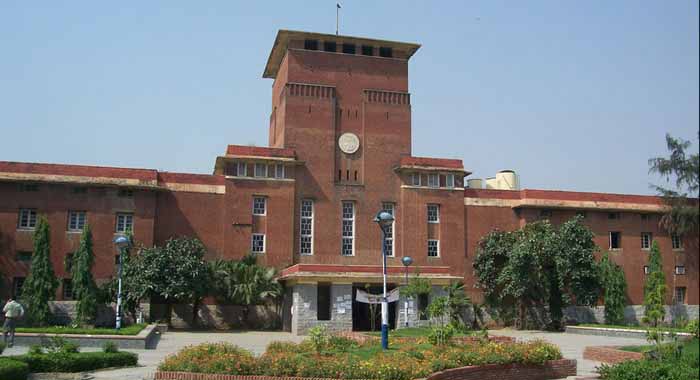With this semester, the first-year of college comes to an end for many students. Let’s take a look at the learnings of a first-year student.
- Exposure and Experience
The first year of college is an eye-opener to the real world, it gives you a view of adulthood and brings along a sense of independence. It doesn’t come easy to many, makes life difficult for a few, and lonely for others. But what it does give you is exposure and experience to cure that gaping hole of leaving your home, friends, school, and your city behind. An outstation student of the University said “Yeh Delhi ne toh meri Lucknow ki saari Nawabi hi nikal di, Kahan main vaha maze mein ghoomti thi, aur yahan auto vaalon se dus-dus rupaye ke liye ladti hoon (Delhi has taken away all the Lucknow royalty from me, I used to a carefree child. Here, in Delhi, I have to fight with the auto-rickshaw drivers for INR 10)” She agrees that college life has transformed her to become a better version of herself. She is able manage her finances well.
- Friends and Family
Himanika Agarwal from Gargi College commented, “Everybody used to tell me that you never find real friends in college, even I used to believe that. But Glass Eye, the Film Making Society of Gargi College has given me some of the best friends I have ever had, who have now become my family.” In the first-year itself, you find your close group of friends who become your family and confidants, be it your classmates or the members of your college society, college helps you to find people who you remember all throughout.
- Fests and Euphoria
The cultural fests organised by the University of Delhi (DU) colleges is another enlightening experience for the students. Fresh out of taking the first semester examinations, students attend fests with their ‘college gang’ looking up wide eyed at the glittering lights of concerts and competitions, breathing in the chaos, and adapting to the crowds.
My first-year, personally, gave me The Local Train, another staple name associated with the DU fests. This musical band and their brand of music, their lyrics, and the performances are worth it. Another student added, “I can easily say that my checklist for a happening college life ticked off with after attending Vishal-Shekhar’s concert at Mecca, the cultural fest of Hindu College.”
- The ability to study overnight
College is not only fun and games, academics also play an important role. This involves projects, class presentations, reviews, internals, and exams. These conclusively teach every student to study or make a presentation a night before the submission. This might be unhealthy, but it is a fact.
- A new perspective
Above all, for me, the first-year of college worked as a stepping stone in the process of unlearning patriarchal norms and misogynistic conditioning, we as naïve little kids were subjected to, throughout our childhood. Classroom discussions with strong opinionated teachers, debates with your peers and seniors, revolutionary texts and readings, interactions about the rights of the LGBTQ community, these have changed my perspective for the better. Looking back, I can now remember instances in the past which were problematic, but I didn’t realise earlier. These realisations are my achievements of gaining new and better ideologies and of becoming a more ‘woke’ individual.
Feature Image Credits: DU Beat
Sakshi Arora







